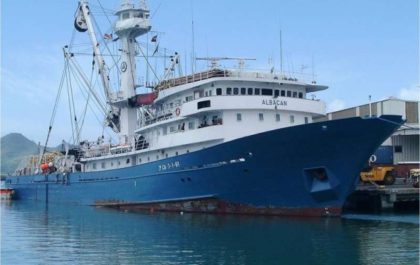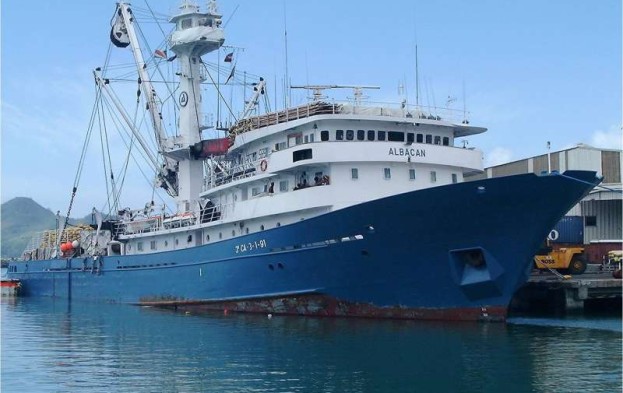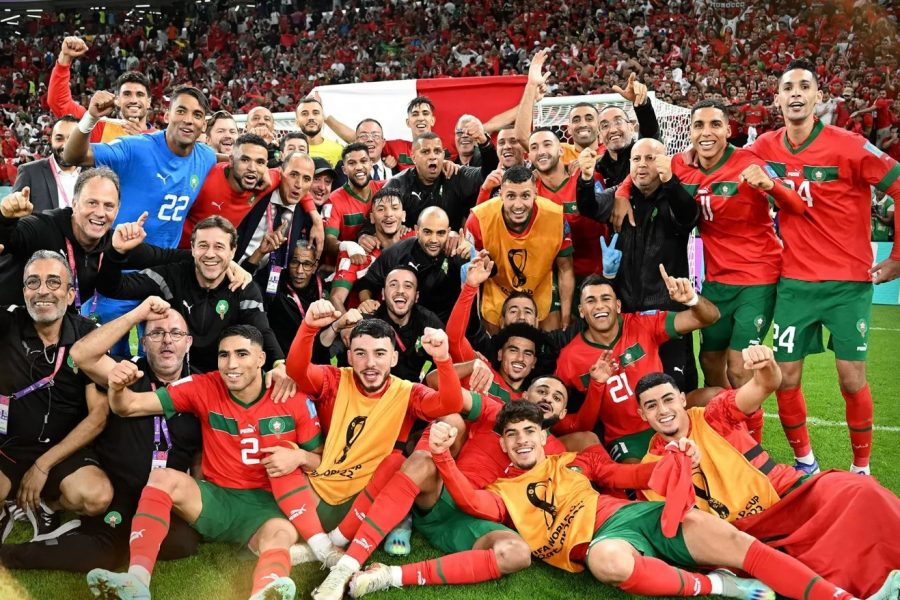 The delay in the renewal of the EU-Morocco fisheries agreement has prompted fishing ships from EU countries to leave Moroccan ports and territorial waters.
The delay in the renewal of the EU-Morocco fisheries agreement has prompted fishing ships from EU countries to leave Moroccan ports and territorial waters.
After several weeks of talks between Rabat and Brussels without reaching a new deal, Europeans vessels mostly from Spain and Portugal started leaving Moroccan ports and waters on the eve of July 14, the deal expiry date.
“The worst that should be averted is now a reality,” said Javier Garat, head of a EU organization of fisheries enterprises.
The four-year agreement expires on July 14 affecting about 120 vessels from 11 EU countries (Spain, Portugal, Italy, France, Germany, Lithuania, Latvia, The Netherlands, Ireland, Poland and United Kingdom) that operate in Morocco’s waters.
Both the EU and Morocco benefit from the fisheries agreement. According to an independent study, the deal not only promotes sustainable development of the fisheries sector through Halieutis strategy projects but also facilitates jobs for Moroccan sailors and fishermen via 1000 boarding contracts per year.
Moreover, over 75 pc of the socio-economic benefits of the agreement, such as creation of hundreds of new jobs and improvement of working conditions of tens of thousands of people, are enjoyed by people living in the Southern provinces.
Similarly, the gains of the 11 EU countries operating in Moroccan waters largely exceed the €30m EU investment for the support of Moroccan sectoral fisheries policy. In effect, every Euro invested created €2.78 value added for the EU.
Morocco’s enemies and their lobbyists tried in vain to block the renewal of the Morocco-EU fisheries agreement through the European Court of Justice, claiming it “violates the rights of people from Western Sahara.”
But the plotters failed in their desperate attempts to undermine the strategic partnership and strong alliance existing between Rabat and Brussels in all sectors.
The EU has extensive ties with Morocco in trade, political and security matters. Morocco plays a key role in the fight against terrorism and has helped France, Spain, Belgium, Italy and other European countries in the fight against terror cells and extremist groups threatening European security.



